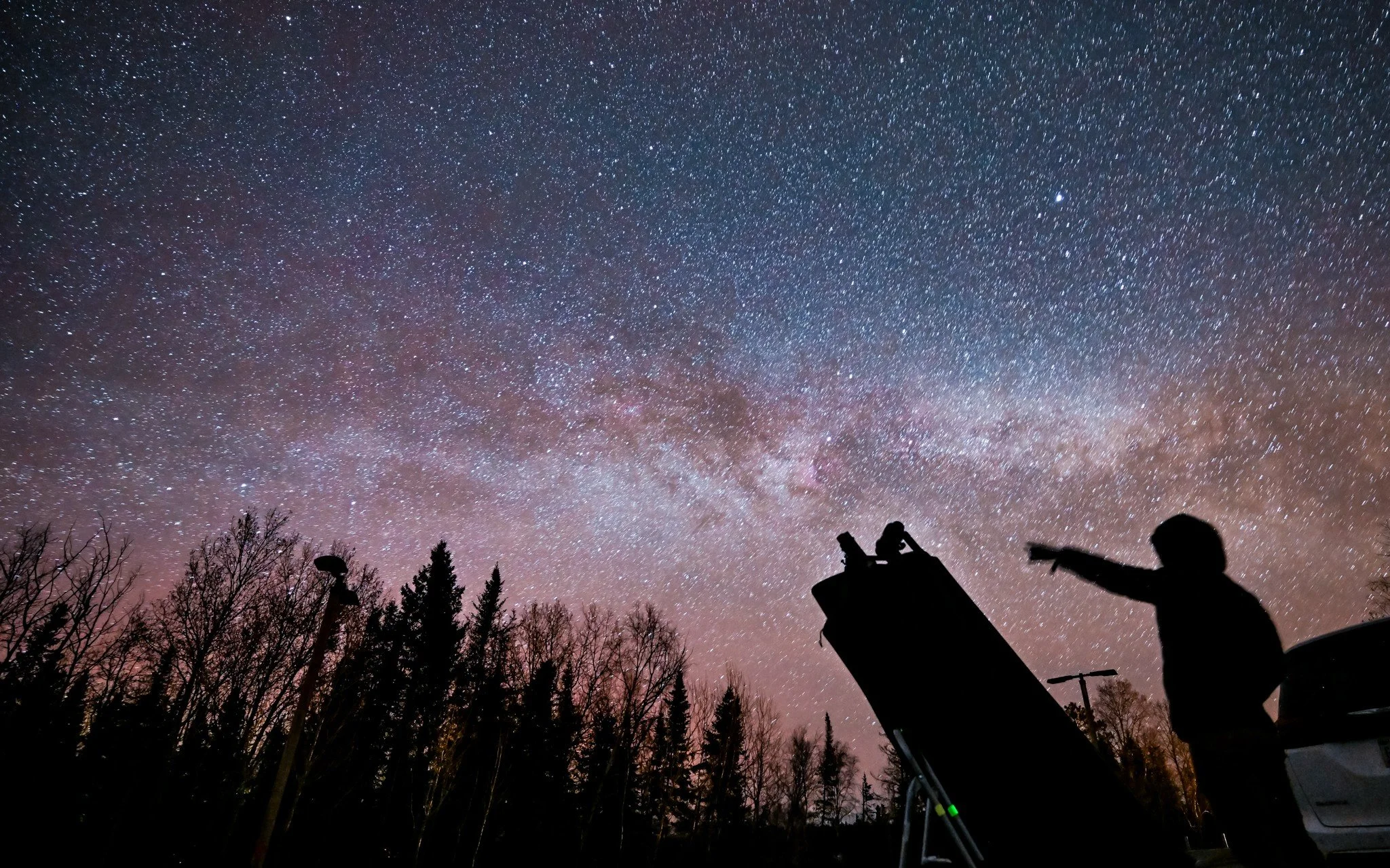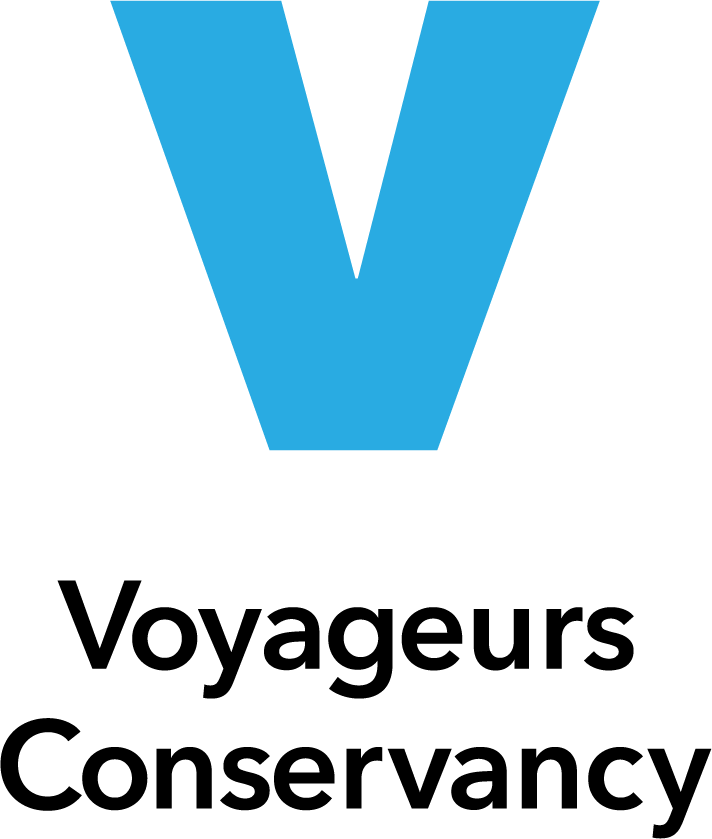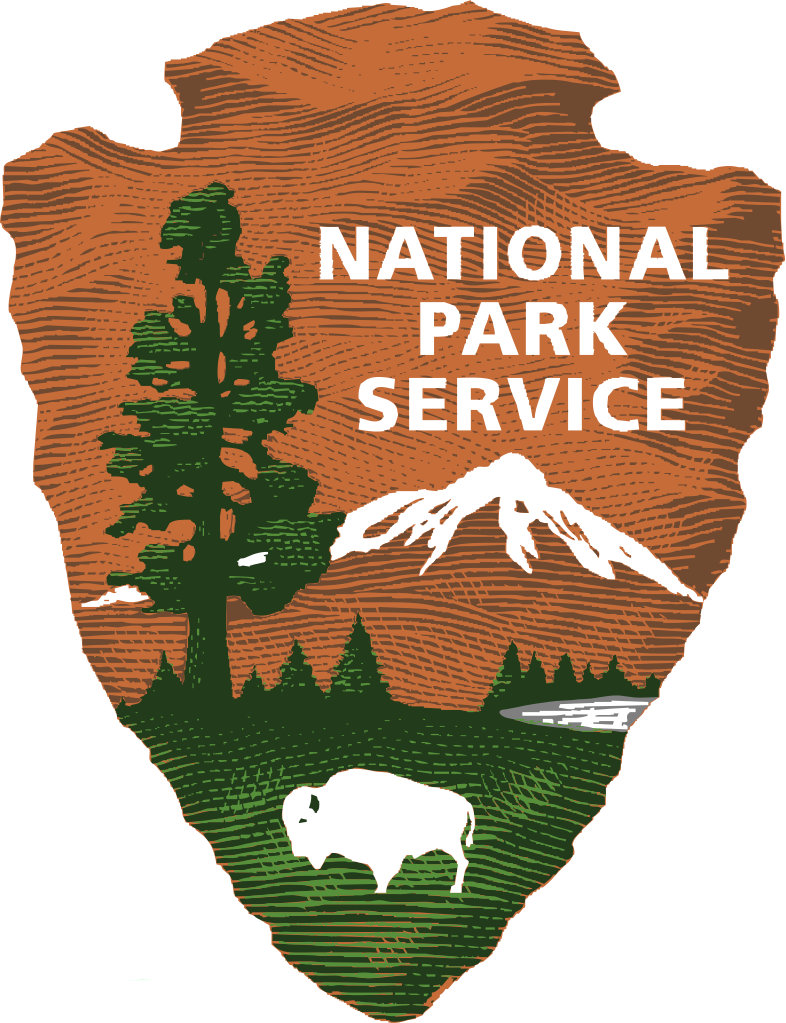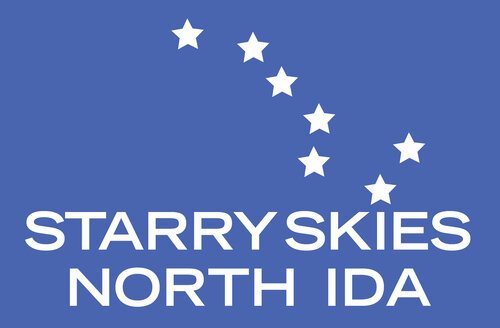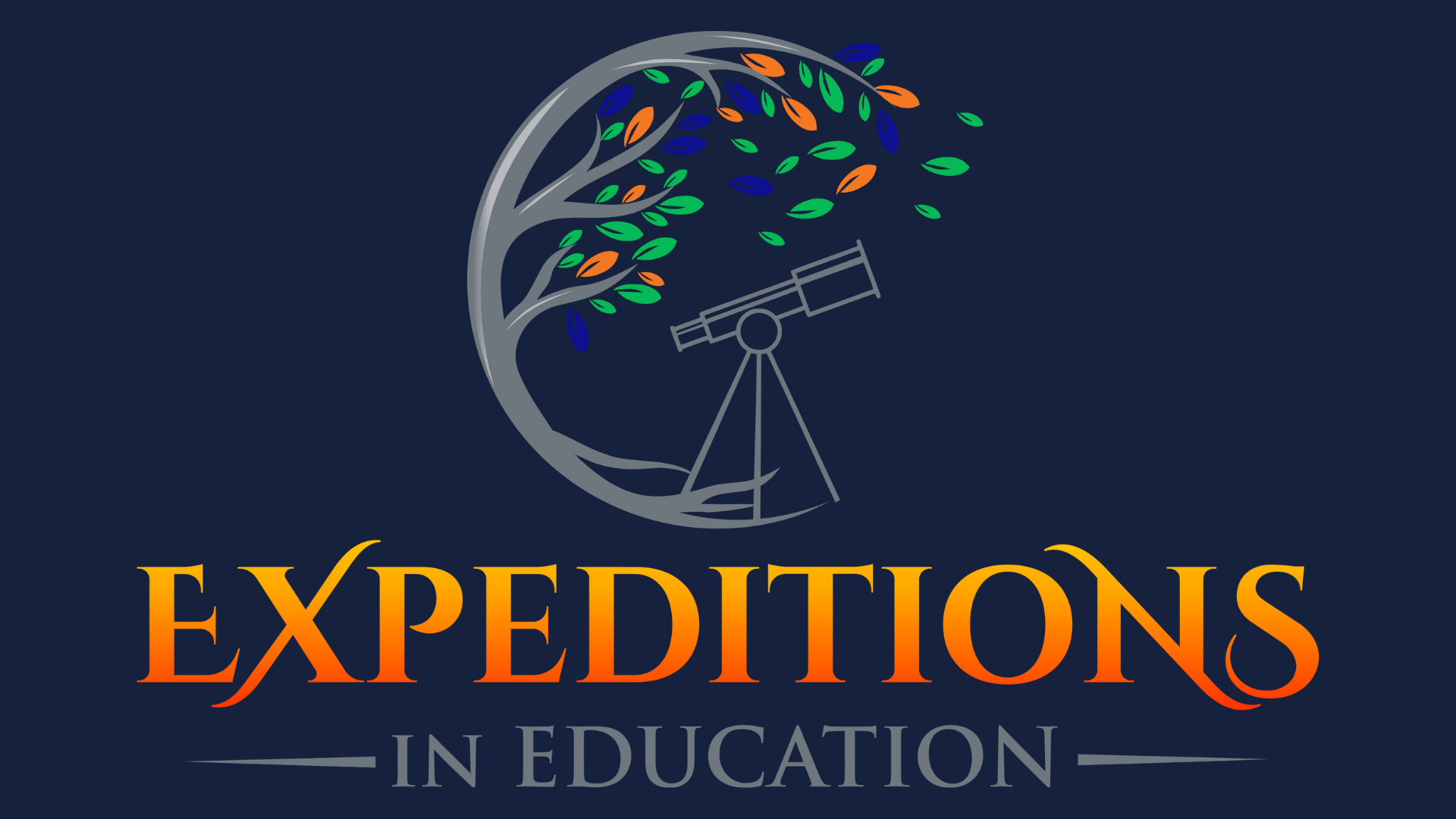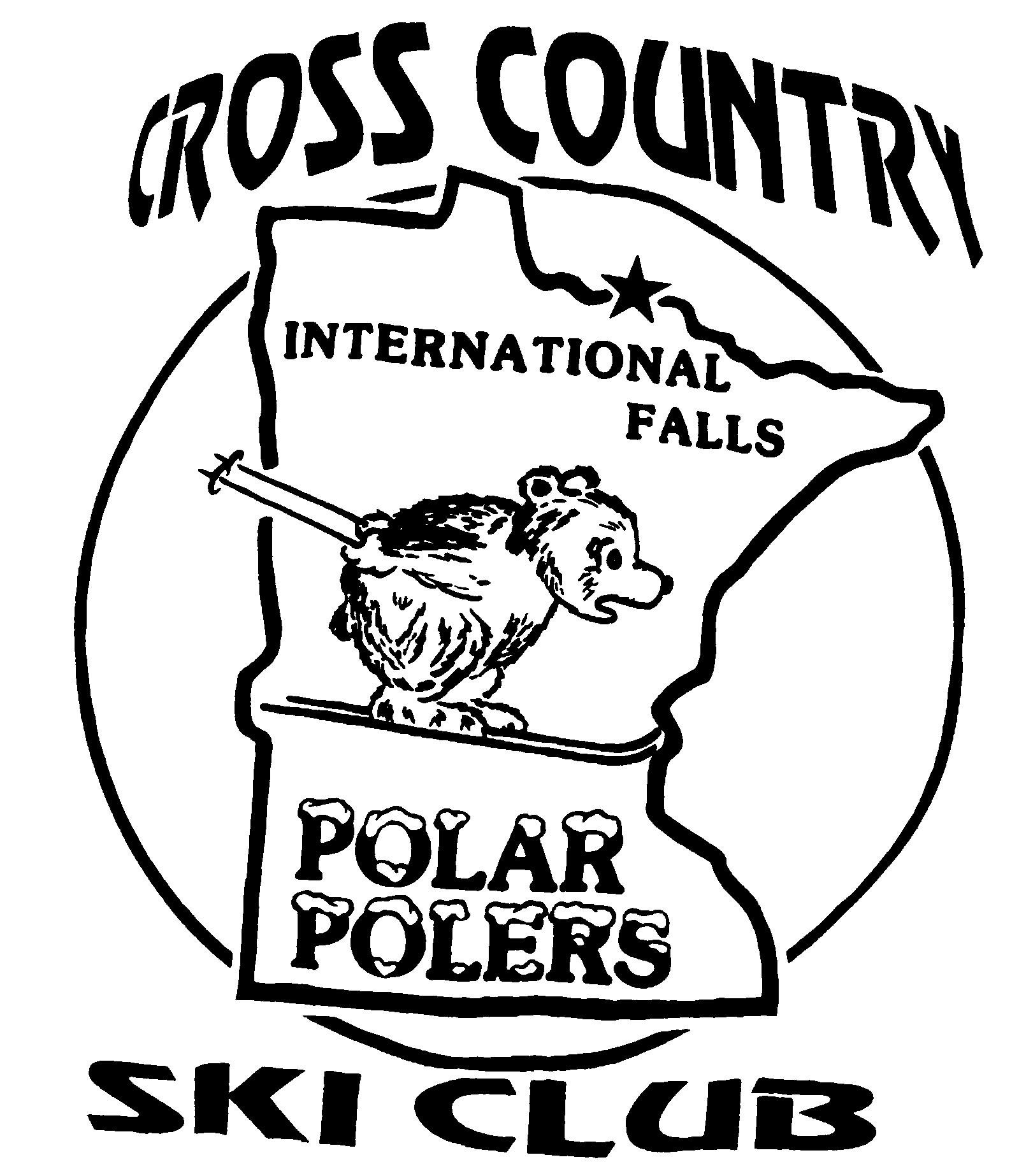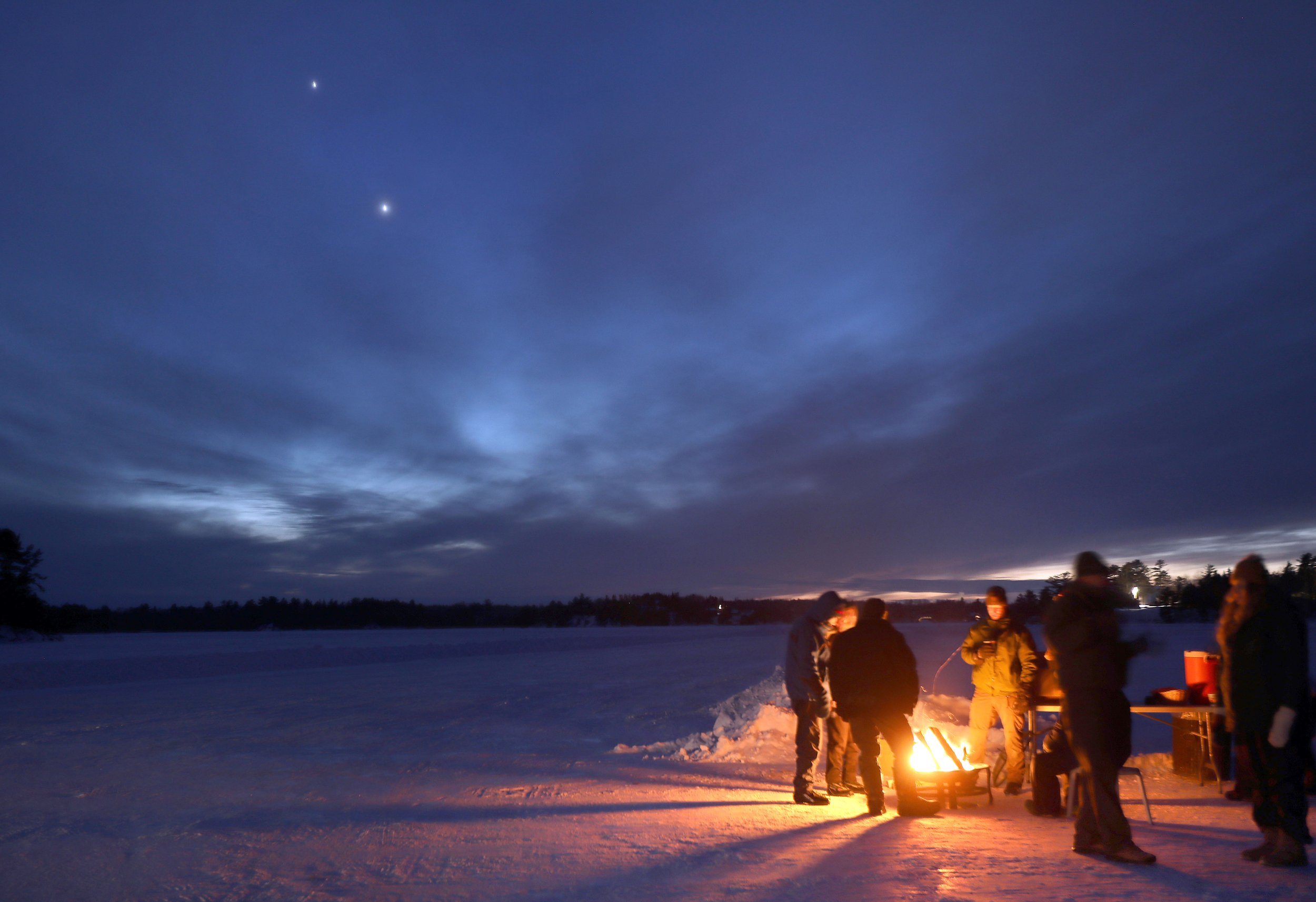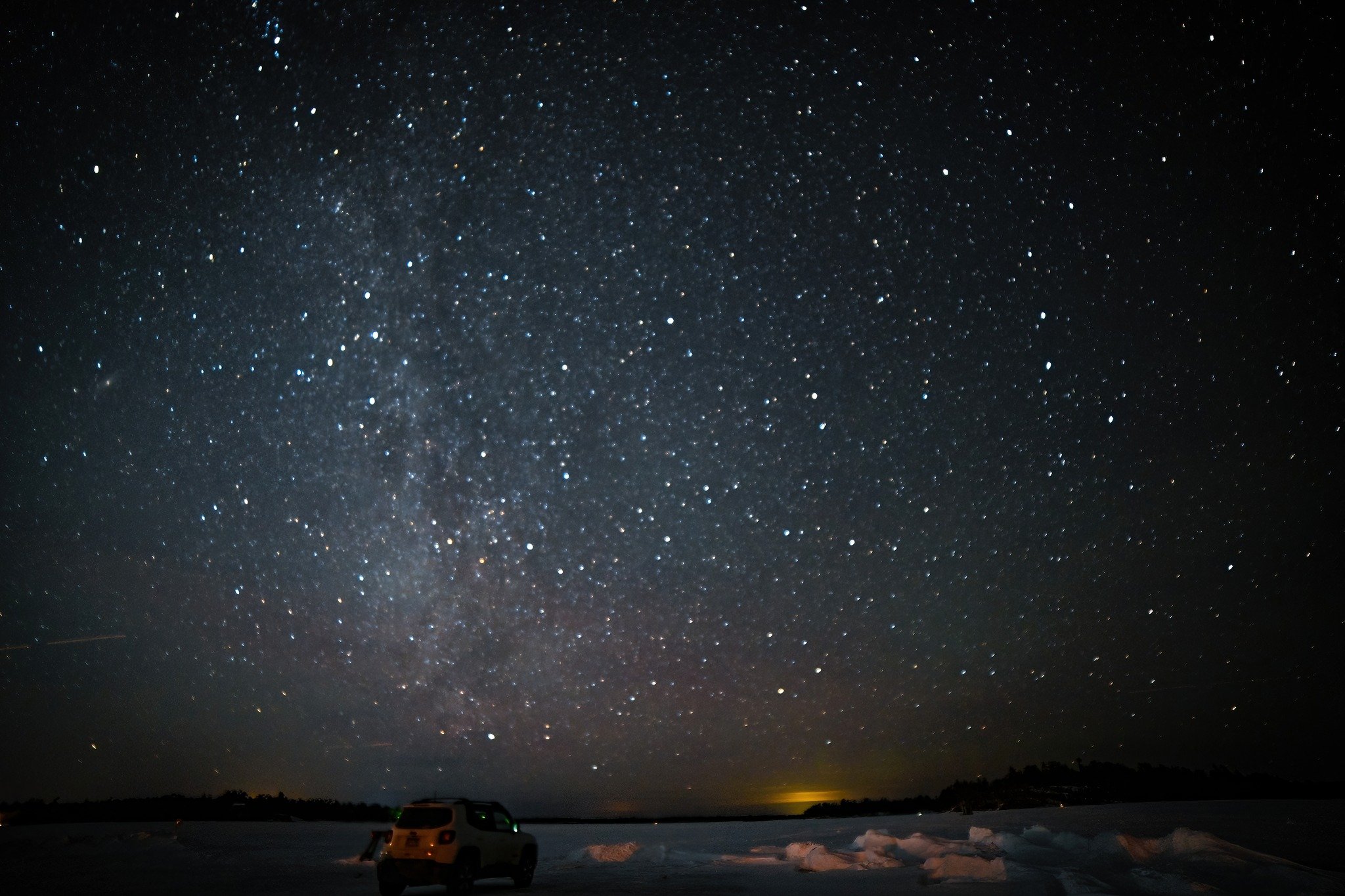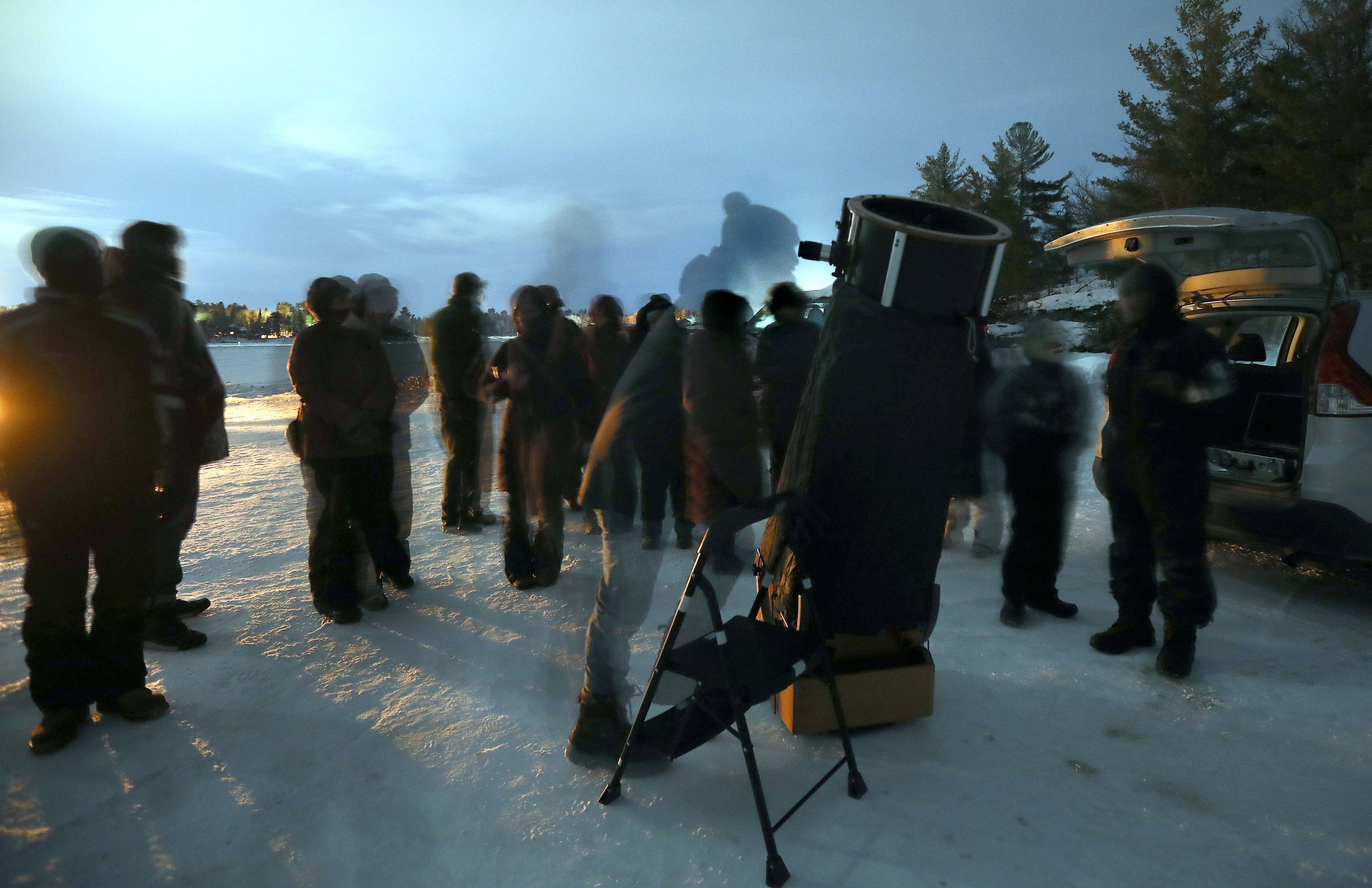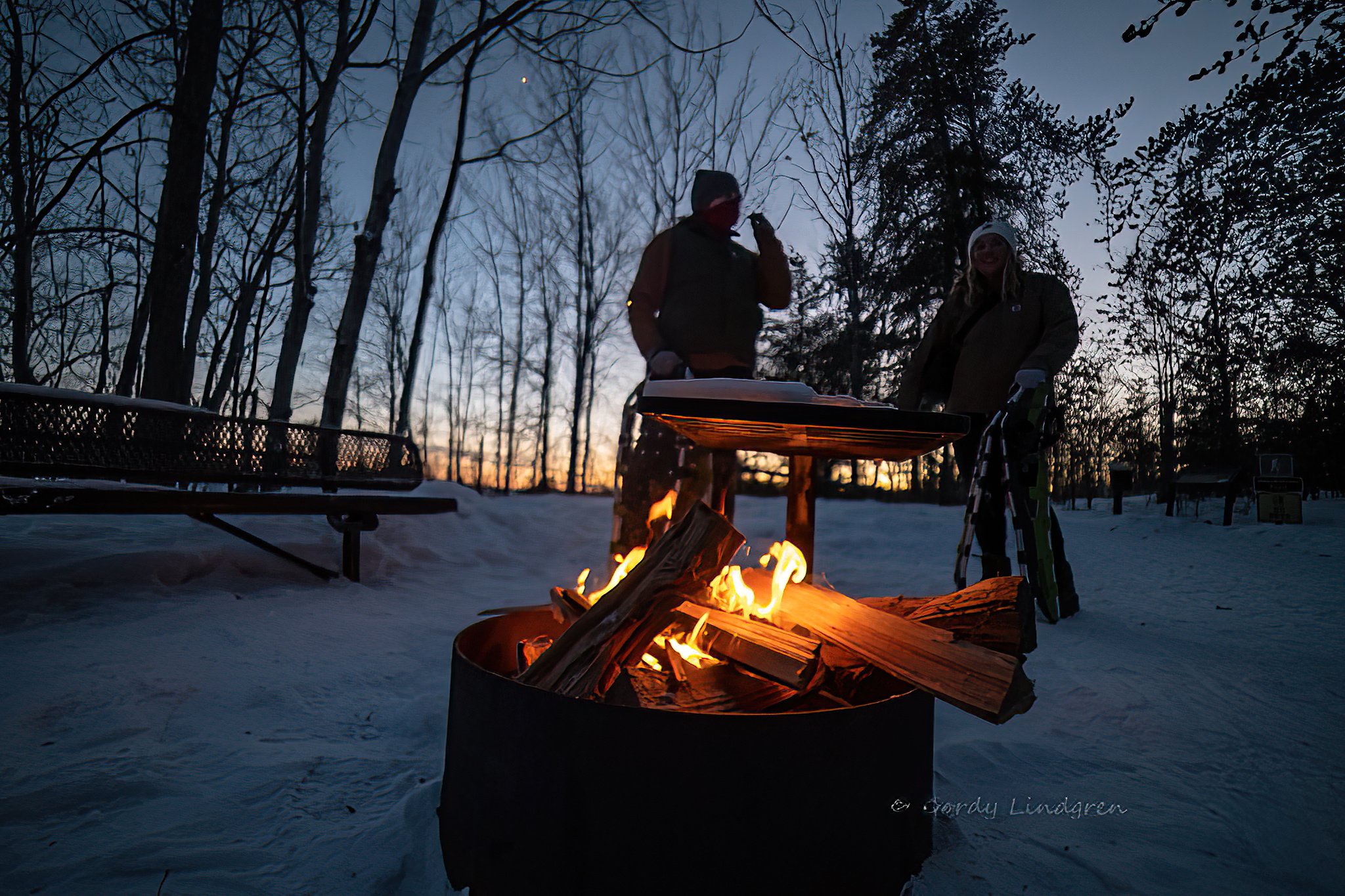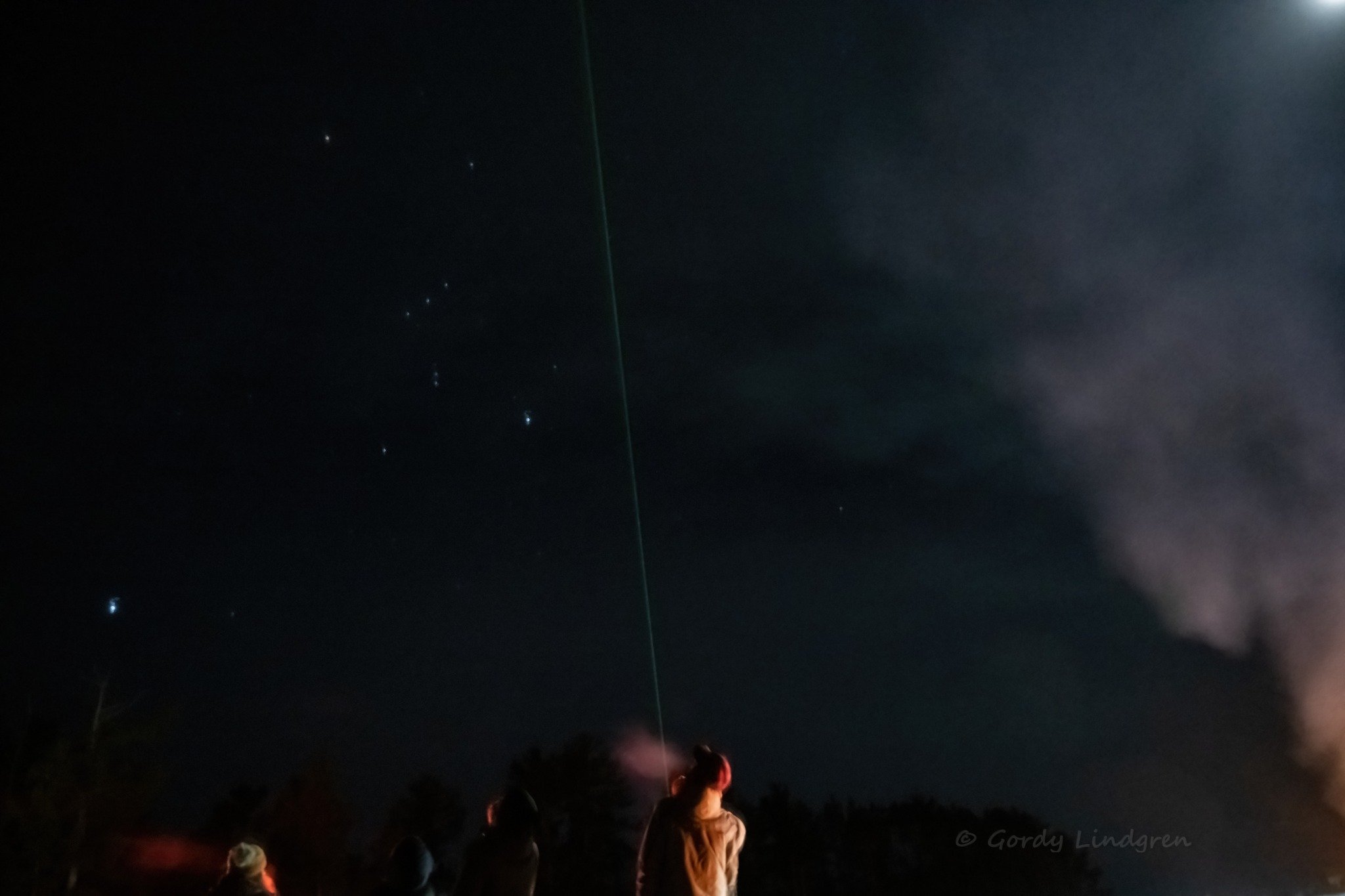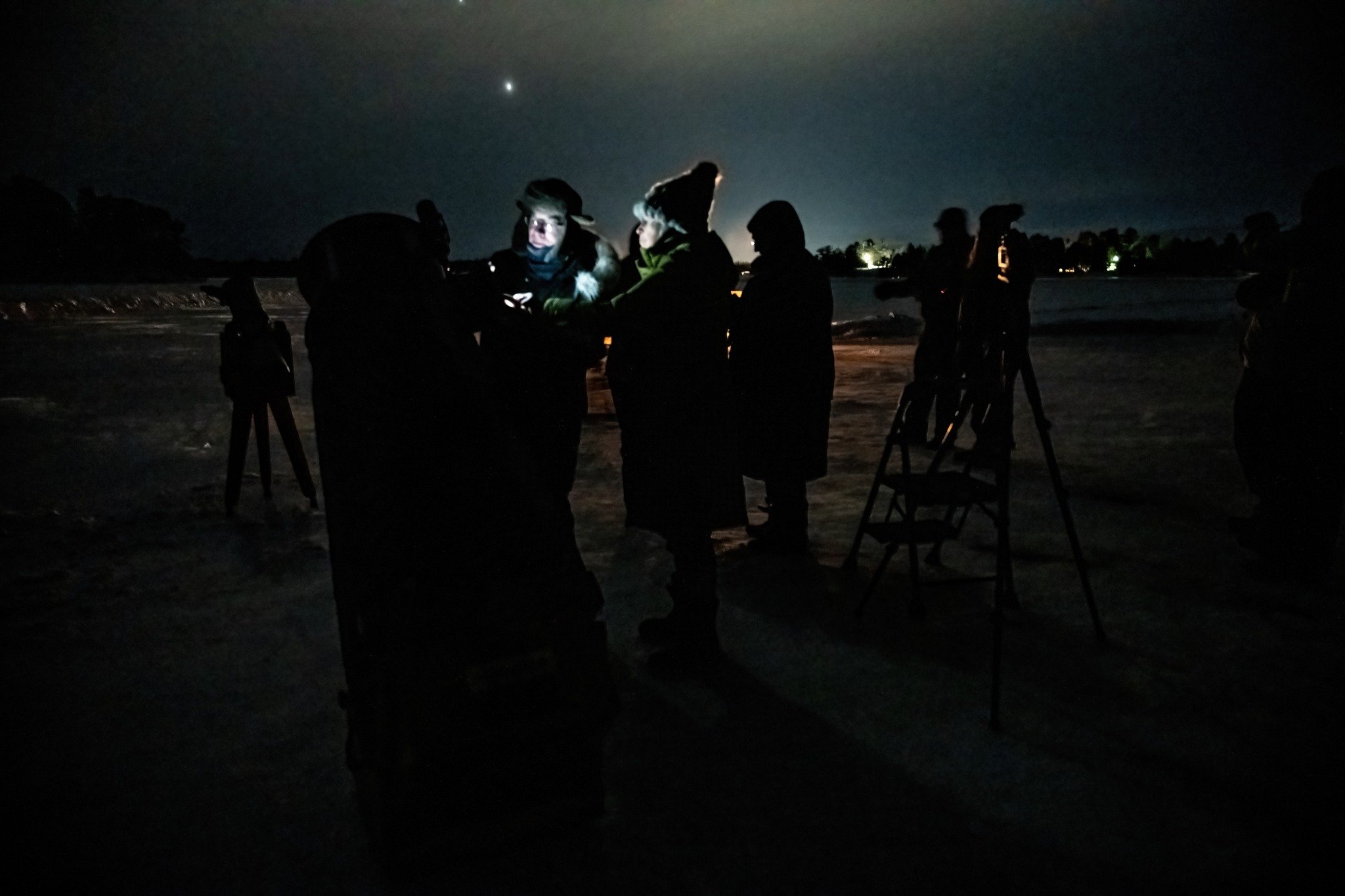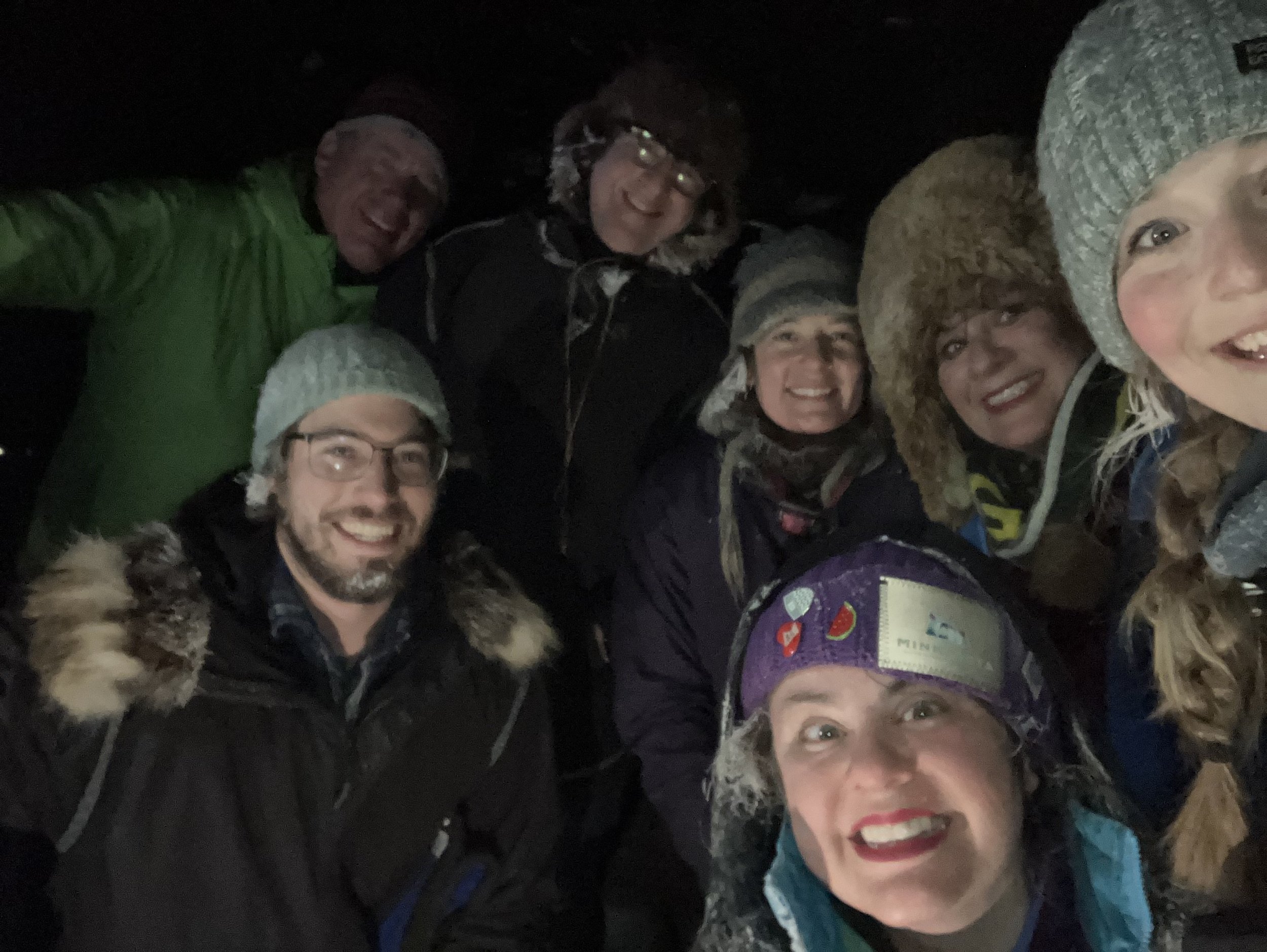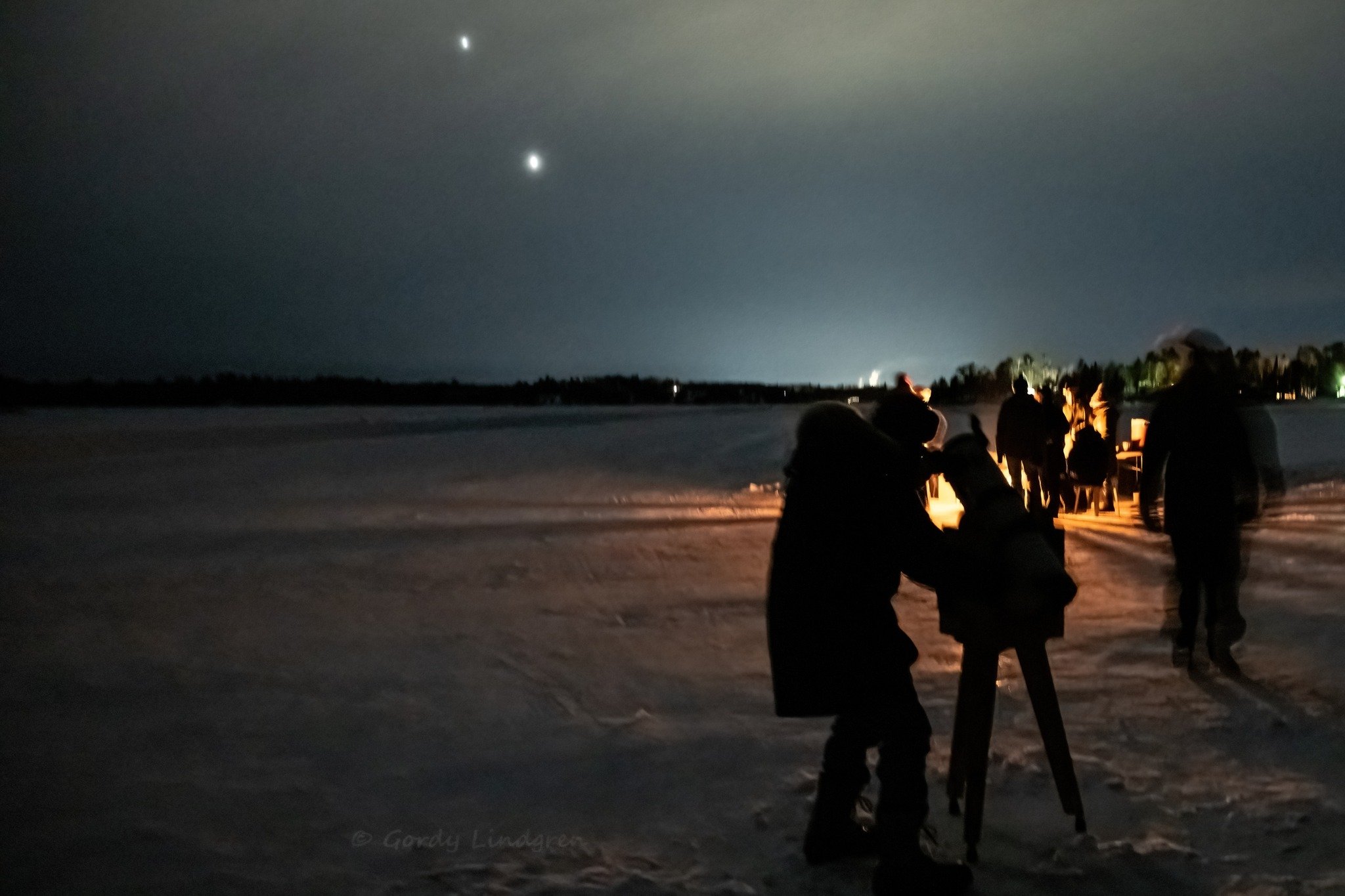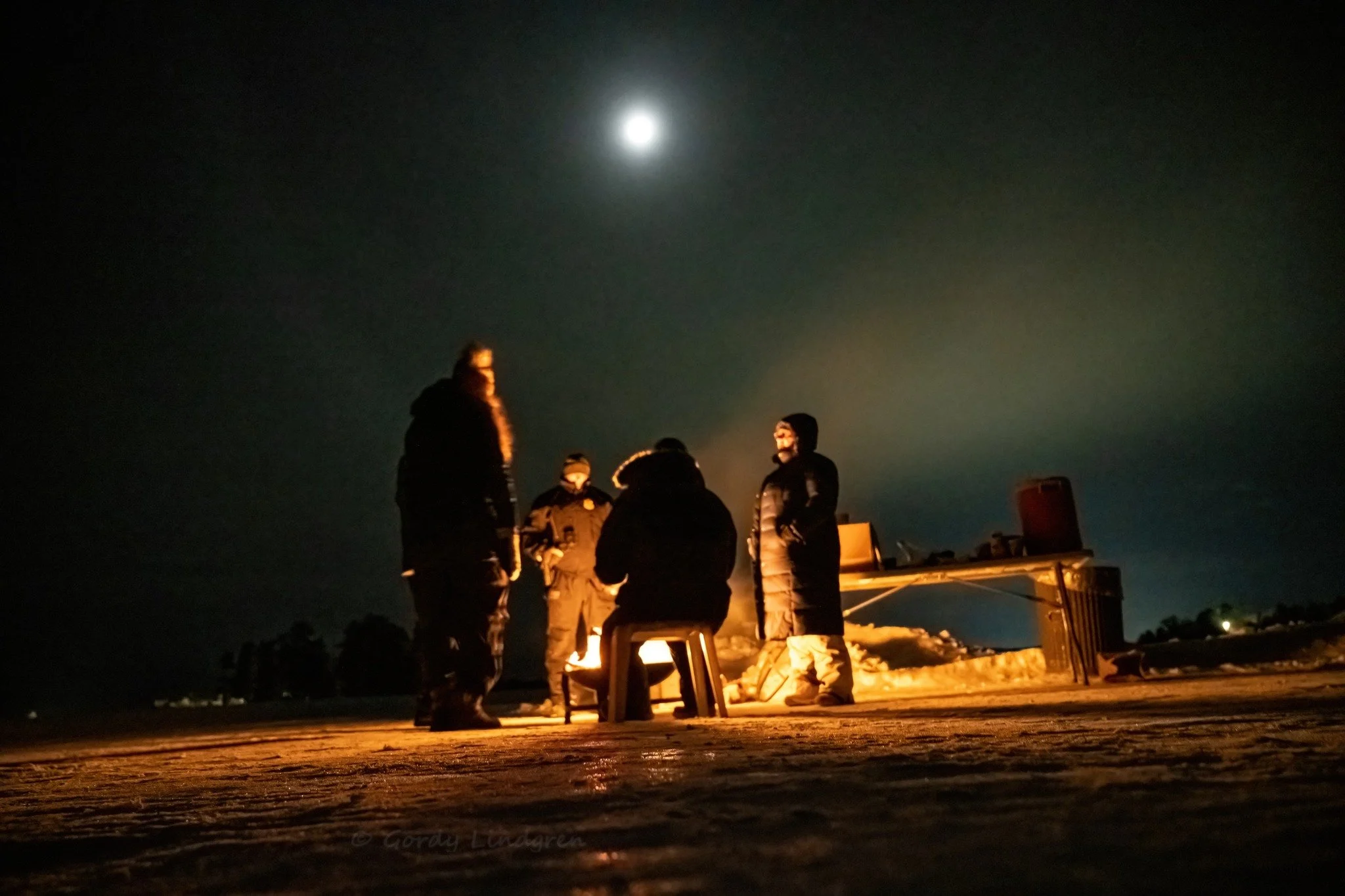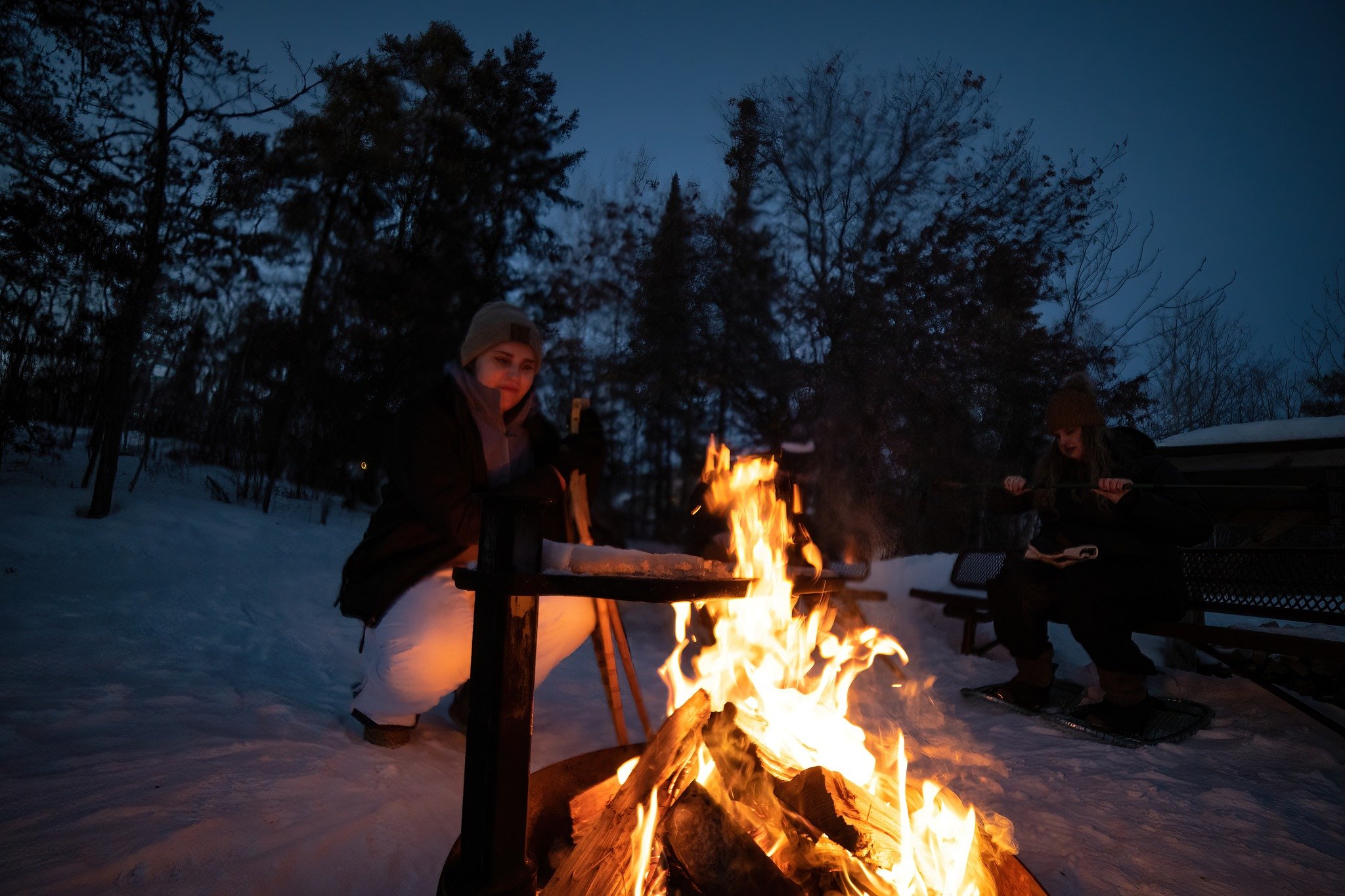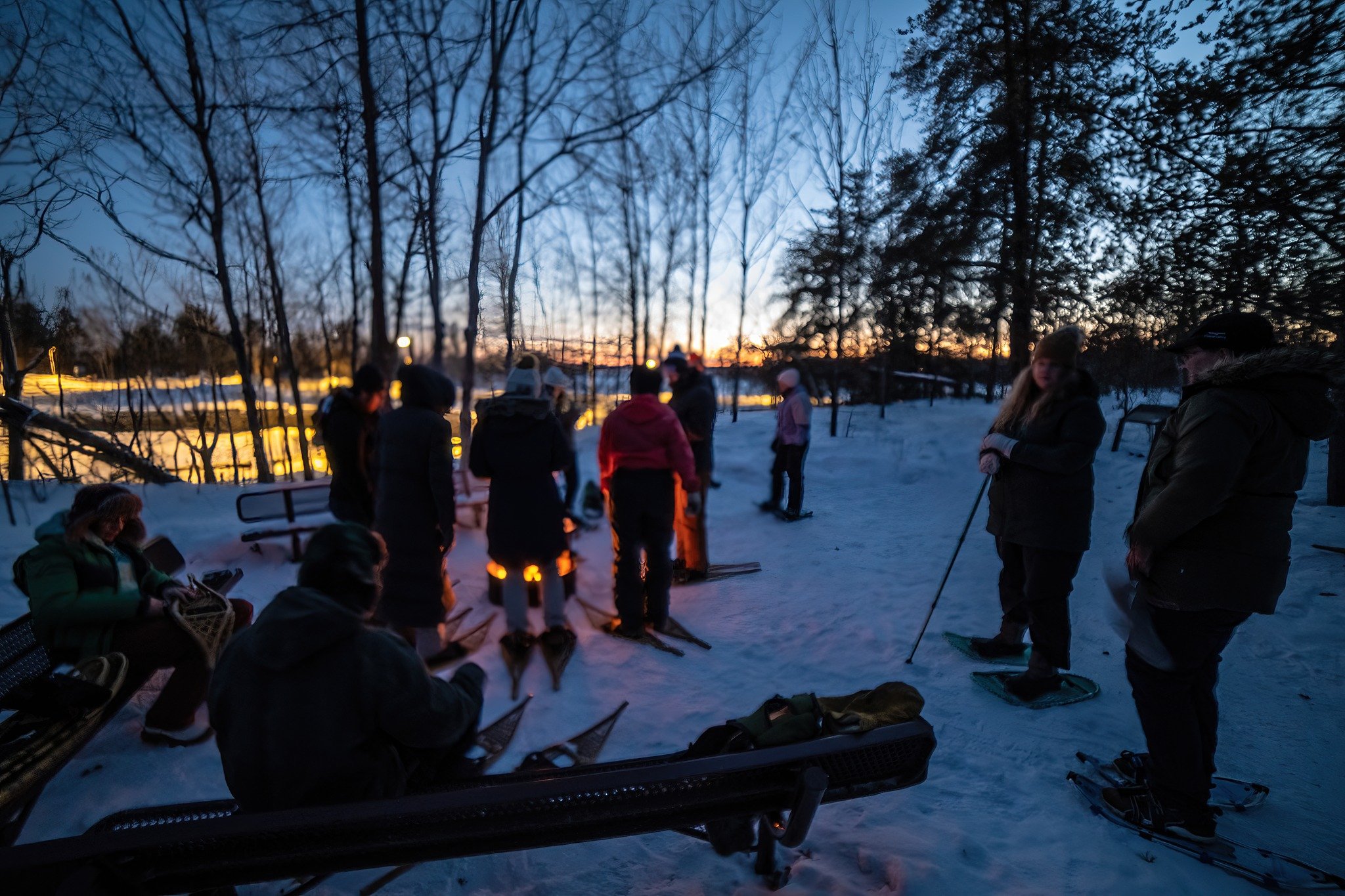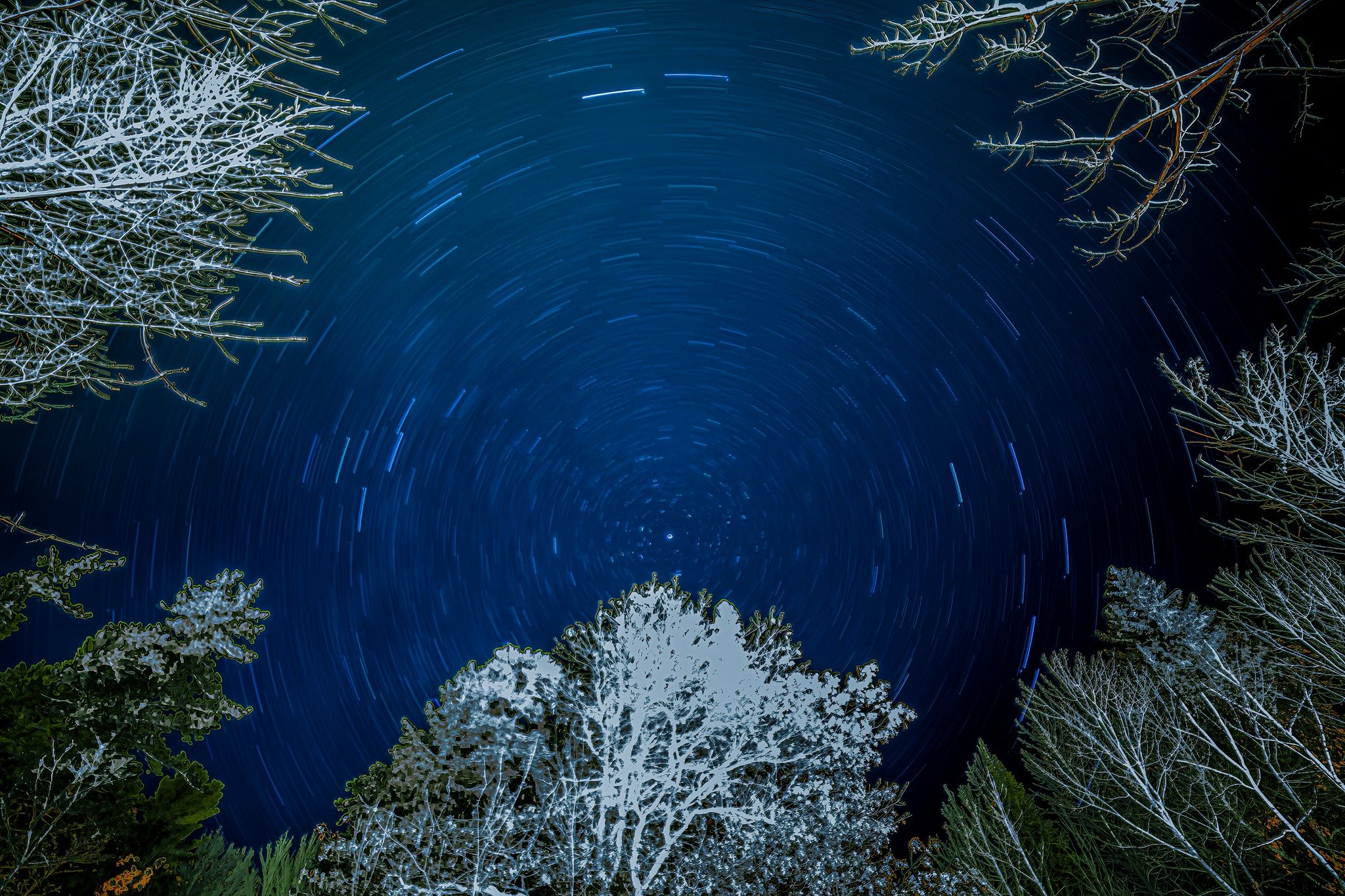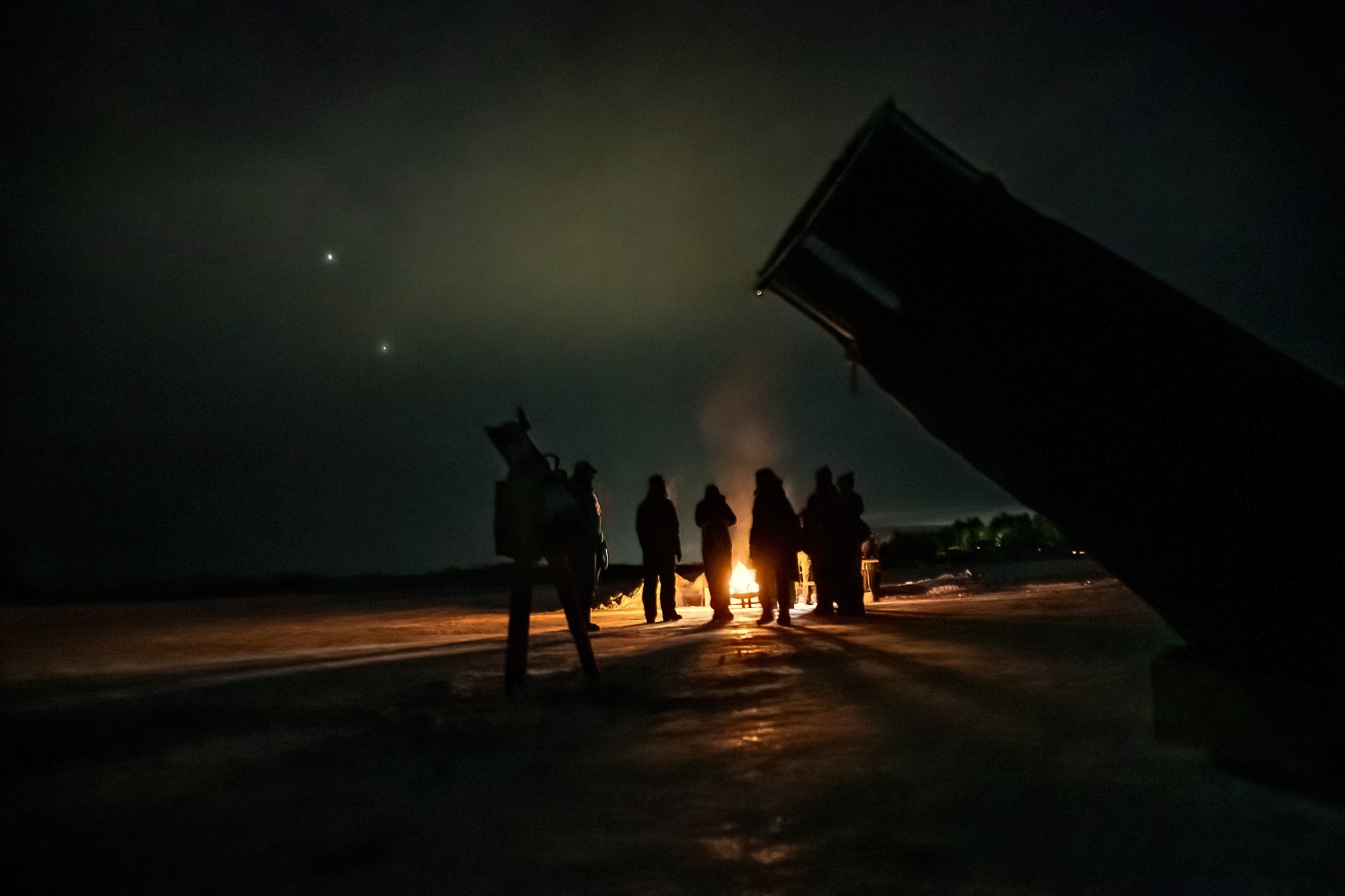
Boreal Stargazing Week
FEBRUARY 9-15, 2026
A WEEK OF DISCOVERY, STARGAZING, AND NIGHTTIME WONDER
Virtual Education Programs & Statewide Community Events
For generations, humans have looked to the stars for inspiration and connection. Located along the Minnesota-Canadian border is a rare sanctuary for starry skies. Voyageurs National Park and Boundary Waters Canoe Area Wilderness in Northern Minnesota make up one of the largest Dark Sky Regions in the world.
Boreal Stargazing programs are brought to you by Voyageurs Conservancy, Friends of the Boundary Waters, Starry Skies North, the National Park Service, Superior National Forest, Expeditions in Education, Polar Polers Ski Club, the Wood Lake Nature Center, and The Bell Museum.
Why are we celebrating?
Boreal Stargazing Week returns February 9–15, 2026, celebrating Minnesota’s remarkable dark skies with virtual programs for schools and community events across the state. This year’s theme, “The Art of the Night Sky,” highlights how science, creativity, and conservation come together under the stars.
Students and community members can enjoy snowshoeing and skiing outings, telescope sessions, live conversations with astronomers, and hands-on activities that explore the connections between art, astronomy, and our protected night skies. With both virtual and in-person programs, there are countless ways to experience the Northwoods after dark and learn why Minnesota is home to one of the world’s largest International Dark Sky Sanctuaries.
Join us in celebrating Minnesota's remarkable dark skies – where science meets art, and wonder illuminates the winter night.
2026 COMMUNITY PROGRAM SCHEDULE
-
Kickoff Event! Twin Cities: Dark Sky Party
Wood Lake Nature Center
February 6; Time Coming Soon
Registration Coming Soon.This special evening kicks off a week-long celebration exploring artistic representations of the night sky.
Enjoy family-friendly activities featuring educational displays and art inspired by the cosmos. Then bundle up and head outside for guided stargazing! View the moon and celestial objects through telescopes, learn to identify winter constellations, and hear the myths and stories behind them. Warm up by the bonfire with hot cocoa as you take in the beauty of the February night sky. All ages welcome. Free!
More program details coming soon!
2026 K-12 STUDENT PROGRAM SCHEDULE
Bring your students out of their desk and into the largest International Dark Sky Region in the world! By participating in Boreal Stargazing Week, your classroom will receive FREE live virtual programs on the wonders of dark skies with special speakers from the National Park Service, Expeditions in Education, and more! Students will learn about protected Dark Sky Regions, the natural and cultural importance of the night sky, and how we can protect them.
Who can participate? Boreal Stargazing Week Programs are available and free to be live-streamed for K-12 classrooms across the country. Teachers will also receive the recorded sessions if they cannot attend live.
-
Step Outside: Your Guide to the Winter Night Sky
Monday, February 9 | Noon CSTJoin Voyageurs Conservancy's Education & Dark Sky Specialist and NASA Solar System Ambassador to learn about the winter stars above and the stories they hold. This beginner-friendly program invites you to step outside, explore key winter constellations and deep sky wonders, and learn how we can protect our view of the cosmos from light pollution. No telescope needed - just a sense of curiosity and a warm coat!
__________________________________________________________________________
Through Ice and Stars: Stories Beneath the Northern Sky
Tuesday, February 10 | Noon CST
There’s something about winter in Voyageurs that makes you slow down. Maybe it’s the way the lakes freeze over, or how the night sky stretches on forever without a single city light to interrupt it. Out here, the silence is full — full of stories, full of memory, full of meaning.This February, we’ll gather under the stars and on the ice — two landscapes that have always held deep importance for Indigenous communities in this region. Ice fishing wasn’t just about catching dinner. It was (and still is) a way to listen, to wait, to understand the season and the spirit of the land. The stars above weren’t just beautiful — they were maps, calendars, and reminders of one’s place in a much larger story.
For generations, Indigenous peoples have followed the rhythms of the natural world — traveling by starlight, feeding their families from frozen waters, passing down knowledge through quiet observation and shared experience.
__________________________________________________________________________
K-12 Friends of the Boundary Waters Livestream
Thursday, Feburary 12th | Noon CSTThe Boundary Waters is a designated “Dark Sky Sanctuary,” but what does that mean and why does it matter? In this virtual session, students will learn about dark sky sanctuaries and why they are important. We’ll spend some time practicing our observation skills as well as look at some of the unique features of the Boundary Waters’ night sky. We’ll end this session by looking at our own night sky and the special features you can see outside your own window.
More information coming soon.
Last year’s Boreal Stargazing Week attracted 40,000+ students from around the country, including classrooms in Maryland, Minnesota, California, Florida, Tennessee, and New Mexico! Don’t miss this incredible opportunity to immerse your classroom in Minnesota’s starbright skies and get your students interested in the fascinating world of astronomy.
Thank You to our Supporters
Funding support for Boreal Stargazing Week was generously provided by the National Park Foundation and the Minnesota Environment and Natural Resources Trust Fund as recommended by the Legislative-Citizen Commission on Minnesota Resources (LCCMR).

